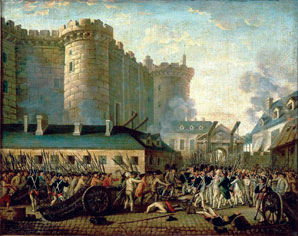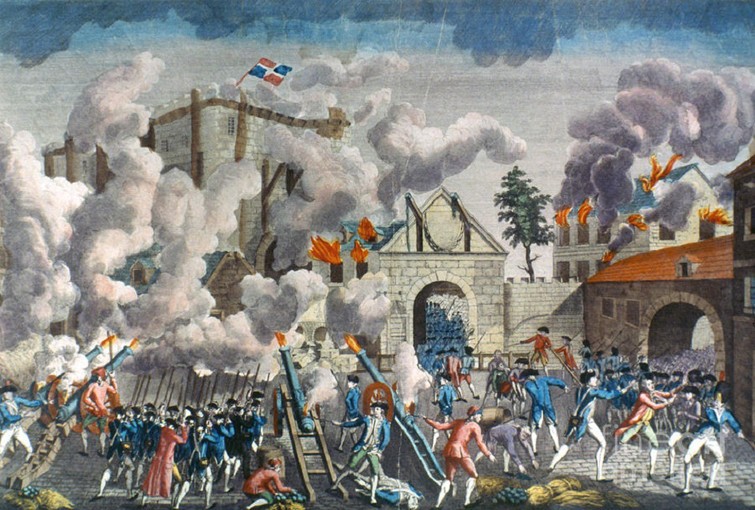The French Revolution, which took place from 1789 to 1799, was a period of significant social, political, and cultural change in France. During this time, the French people overthrew the monarchy and established a republic, and many reforms were implemented, including the abolition of feudalism and the implementation of the Napoleonic Code. The revolution also saw its fair share of violence, as the French people, who had been oppressed for centuries, rose up against their rulers and fought for their rights and freedoms.
One of the main causes of the violence during the French Revolution was the widespread poverty and inequality that existed in France at the time. The monarchy, which was deeply unpopular, had squandered the country's wealth on lavish palaces, expensive wars, and other extravagances, while the vast majority of the French people lived in poverty and suffered from high taxes, food shortages, and other economic hardships. The revolution was, in part, a response to these conditions, as the French people sought to overthrow the monarchy and create a more just and equitable society.
Another factor that contributed to the violence of the French Revolution was the intense political and ideological conflict that existed between different groups within the country. The French people were divided between those who supported the monarchy and the existing social and political order, and those who were calling for radical change. This conflict often took the form of violence, as different groups sought to assert their power and influence.
There are those who argue that the violence of the French Revolution was justified, given the deeply oppressive conditions that the French people were living under at the time. They point to the numerous reforms that were implemented during this period, including the abolition of feudalism, the introduction of the Napoleonic Code, and the establishment of a more representative government, as evidence that the revolution was necessary and ultimately beneficial to the French people.
On the other hand, there are also those who argue that the violence of the French Revolution was not justified, and that it ultimately did more harm than good. They point to the widespread death and destruction that occurred during this period, as well as the fact that the revolution ultimately led to the rise of Napoleon Bonaparte, who would go on to conquer much of Europe and impose his authoritarian rule on the French people.
Ultimately, whether or not the violence of the French Revolution was justified is a complex and highly debated question, and there are valid arguments on both sides. It is clear, however, that the French Revolution was a significant turning point in the country's history, and that it had a profound impact on the course of European history as a whole.








